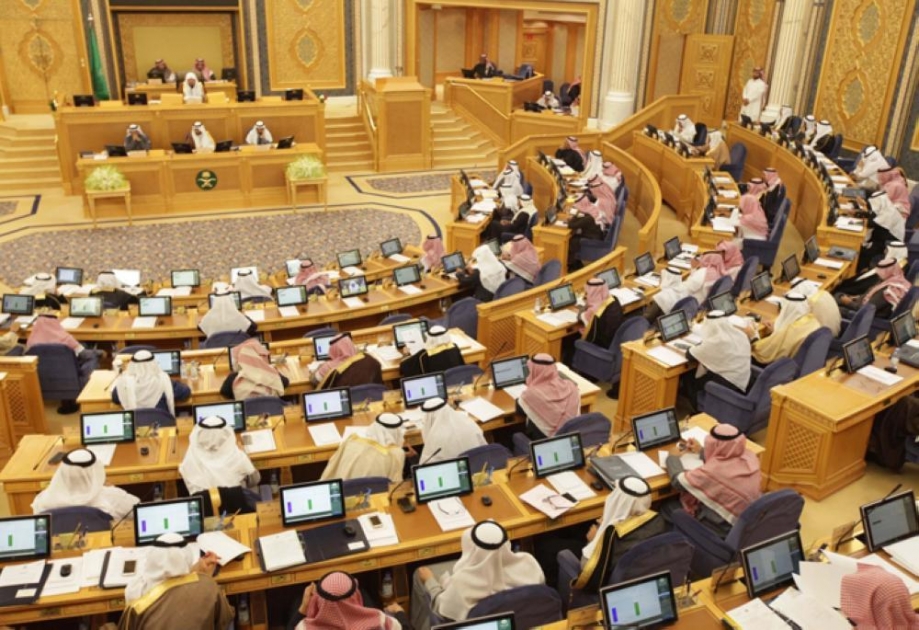
Changes in anti-bribery law gets the Shoura nod
The Shoura (Consultative) Council on Monday approved draft amendments in the Kingdom’s law to combat bribery. The amendments are aimed at protecting public utilities from corruption by all means, according to Yahya Al-Samaan, assistant president of the council.
The council session, chaired by its Deputy President Abdullah Al-Moatani, took the decision after reviewing the report prepared by the committee for security affairs. The draft amendments, read out by the committee Chairman Ata Al-Subaiti, also aimed to achieve sound procedures in combating and investigating bribery cases and putting suspects on trial, Saudi Press Agency (SPA) said.
During the deliberations, Al-Samaan said, several members supported the proposed amendments, which included some statutory amendments and emphasized the significance of these changes in eliminating corruption. The draft law, consisting of 23 articles, is aimed at combating bribe so as to consolidate the concept of inviolability of job and protect it from violations by applying the most severe penalties, including material and moral punitive measures. This also targets protecting the interests of the state and the national economy by bringing the employee under the purview of the anti-bribery law with ensuring the criteria for honesty and transparency.
According to Al-Samaan, the law also seeks to emphasize the provisions of the United Nations Convention against Corruption, which is the only legally binding universal anti-corruption instrument. The convention was ratified by the Kingdom. Another objective of the amended law is to enhance the efficiency of administrative bodies and activating economic and social development programs.
The council also approved amendments in some articles of the draft Commercial Maritime Law after listening to a report presented by the committee of transport, communications and information technology. The Shoura session was held in the presence of Minister of the State and Member of the Cabinet for Shoura Affairs Muhammad Abu Saq.
Al-Samaan said the amendments, read out by the committee Chairman Saadun Al-Saadun, aimed at removing the discrepancy between the council and the government on some matters related to commercial maritime. In its recommendation, the committee had requested approval of some amendments to the draft regulations, which had resulted in a consensus between the Council and the government.
The draft law consists of 391 articles divided into ten sections.



























